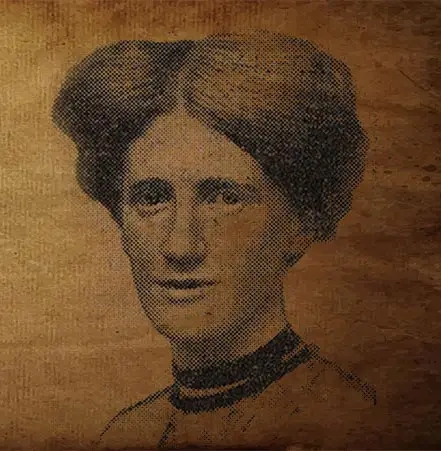CHILD WELFARE IN INDIA
The genesis of Child Welfare was a document drafted by Eglantyne Jebb, founder of Save the Children, in 1919. The ‘Declaration of the Rights of the Child’ serves as a precursor to the globally ratified United Nations Convention
- Jebb’s vision to see no child deprived of their childhood gave rise to Bal Raksha Bharat in 1919.
- The association between Bal Raksha Bharat and India, however, was forged when Mahatma Gandhi signed Jebb’s ‘Declaration of the Rights of the Child’ in 1931.
- Later, in 1991, to become an ethical labour market to international organisations, India formally consented the United Nations Convention on the Rights of the Children in 1992.
- The Convention originated from Jebb’s desire to end the suffering of children, by providing them with a healthy, happy, and safe environment that nurtured them physically, mentally, and emotionally.

The genesis of Child Welfare was a document drafted by Eglantyne Jebb, founder of Save the Children, in 1923. The ‘Declaration of the Rights of the Child’ serves as a pre-cursor to the globally ratified United Nations Convention on the Rights of the Child (UNCRC).
- Jebb’s vision to see no child deprived of their childhood gave rise to Bal Raksha Bharat in 1919.
- The association between Bal Raksha Bharat and India, however, was forged when Mahatma Gandhi signed Jebb’s ‘Declaration of the Rights of the Child’ in 1931.
- Later, in 1991, to become an ethical labour market to international organisations, India formally consented the United Nations Convention on the Rights of the Children in 1992.
- The Convention originated from Jebb’s desire to end the suffering of children, by providing them with a healthy, happy, and safe environment that nurtured them physically, mentally, and emotionally.
What Is Child Welfare?
The United Nations Convention defines Child Welfare as the minimum entitlements and freedoms that should be accorded to every human being below the age of 18 regardless of race, national origin, colour, gender, language, religion, opinions, origin, wealth, birth status, disability, or other characteristics.
Child Welfare and Bal Raksha Bharat
We are aware that many children, in India, are not able to access their basic welfare. Formally established in India in 2004 as Bal Raksha Bharat, Bal Raksha Bharat has imbibed children’s welfare at the core of its programmes, activities, and day-to-day work, thus becoming India’s leading independent child welfare organisation. Bal Raksha Bharat helps promote children’s welfare; we anchor our programmes, advocacy, research and every undertaking so that every child can grow up safe, healthy, and supported
What Is Child Welfare?
The United Nations Convention defines Child Welfare as the minimum entitlements and freedoms that should be accorded to every human being below the age of 18 regardless of race, national origin, colour, gender, language, religion, opinions, origin, wealth, birth status, disability, or other characteristics.
Child Welfare and Bal Raksha Bharat
We are aware that many children, in India, are not able to access their basic welfare. Formally established in India in 2004 as Bal Raksha Bharat, Bal Raksha Bharat has imbibed children’s welfare at the core of its programmes, activities, and day-to-day work, thus becoming India’s leading independent child welfare organisation. Bal Raksha Bharat helps promote children’s welfare; we anchor our programmes, advocacy, research and every undertaking so that every child can grow up safe, healthy, and supported

